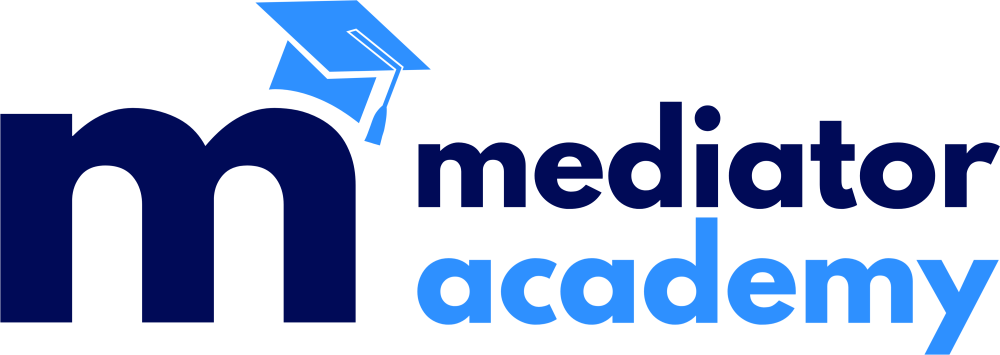Mediation for workplace disputes: A positive force for change

Conflict is brewing in workplaces everywhere, from water-cooler confrontations to complex and emotionally charged cases of bullying and harassment. These disputes aren’t just unpleasant — they’re costly, disrupting productivity, damaging employee morale, and ultimately hitting the bottom line.
Mediation has become the intervention of choice for addressing these issues, but not every case fits the same mould.
Some disputes may go to the Workplace Relations Commission (WRC) Mediation Service, while others are best handled by a trained manager or an independent mediator. So how do you choose the right approach?
Should mediation be in-person, virtual, or over the phone? Should lawyers get involved? Will there be a binding outcome?
Even within the WRC, mediation options vary from “normal” mediation to workplace mediation to the new “late request” mediation, which can take place when an adjudication date has been set.
More formal disputes under frameworks such as the Civil Liability and Courts Act, 2004 or the Mediation Act 2017 often involve external mediators and legal representatives, while workplace mediation tends to be more flexible, involving colleagues and joint sessions without legal advisors present.
In an era where managers increasingly employ mediation-style conversations to defuse potential conflicts, the demand for skilled mediators is clear.
The WRC saw a 19% rise in mediation cases in 2023, and more organisations are training managers in conflict resolution skills, underscoring a booming opportunity in workplace mediation.
The challenge, however, lies in knowing how to adapt mediation to suit each context. To make an impact, aspiring mediators must:
- Understand different legislative frameworks that apply,
- Tailor the mediation process to specific situations, and
- Develop a toolbox of adaptable mediation skills and strategies.
With these tools, mediators can help transform destructive workplace conflict into a positive force for progress and change, making this a compelling and fulfilling career path in an ever-evolving field.
Add mediation to your skillset and become an accredited mediator with Mediator Academy.
Visit our website and download our prospectus for details of our next Dublin accredited mediation training course.







